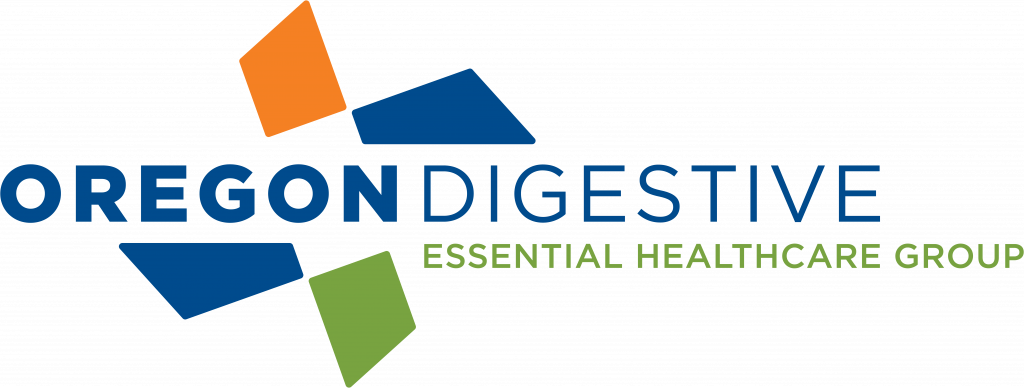How Does Family History Affect Colonoscopy Frequency and Cost?

As the third-leading cause of cancer death among men and women in the United States, colon cancer is a prevalent disease that affects 1 in 20 Americans. It is estimated that about 134,490 people will be diagnosed with colon cancer or rectal cancer this year, and 49,190 people will die of the disease in 2016.
Role of family history
Family history is one of many colon cancer risk factors you cannot change. If you have a first-degree relative such as a parent, sibling or child who has colon cancer, you are at increased risk for developing the disease. Your risk is even higher if the relative was younger than 45 at diagnosis or if you have multiple relatives with colon cancer. Having a family history of colon cancer can be linked to genetics, shared environmental factors or both, but it is estimated that as many as 1 in 5 people who develop colon cancer have another family member who is affected as well.
Inherited syndromes
Between 5 and 10 percent of people who develop colon cancer have inherited gene defects that can potentially cause family cancer syndromes which lead to colon cancer. There are two common inherited syndromes:
- Familial adenomatous polyposis (FAP), which is initiated by a mutation in the APC gene that a person inherits from a parent. In the most common type of FAP, hundreds of polyps develop in the colon and rectum before early adulthood. By the age of 40, almost every affected person develops colon cancer if the colon is not removed to prevent it. FAP accounts for about 1 percent of all colon cancers.
- Lynch syndrome (hereditary non-polyposis colorectal cancer or HNPCC) increases the risk for polyps (although not nearly as severe as FAP) and accounts for about 2 to 4 percent of all colon cancers. Caused by an inherited abnormality in the MLH1 or MLH2 gene, Lynch syndrome increases the risk for colon cancer by as high as 80 percent. Lynch syndrome is also linked to other cancers of the stomach, small intestine, pancreas, kidney, brain, ureters (tubes that carry urine from the kidneys to the bladder), and bile duct.
The need for earlier screening
It is easy to see that colon cancers, especially those that are linked to Lynch syndrome and FAP, are time-intensive to treat. If you have a family history of polyps or colon cancer, you should be screened before the age of 50, and you need to be screened much more often than someone who is only at average risk for colon cancer. How soon should you be screened? If you have a first-degree relative (or relatives) with colon cancer, subtract 10 years from the age your relative was at diagnosis, and that is the age you should begin screening. After receiving the results of your screening, your doctor will advise you on a timeline for your next screening.
The expense of colon cancer
Colon cancer is much easier and less expensive to treat when it is in the early stages. For individuals who are at average risk for colon cancer, the disease is largely preventable by staying up-to-date with screening colonoscopies. The U.S. Preventative Services Task Force recommends that adults who are at average risk for colon cancer get a colon screening beginning at age 50 and continuing until age 75.
Having a family history of colon cancer can make surveillance more costly because you need to visit your primary care physician and gastroenterologist more often. Being at higher risk for colon cancer does not mean that you will develop colon cancer, but it does mean that you need to focus on prevention. A colonoscopy is one of the more expensive preventative services covered under the Affordable Care Act, but it is the best screening available for colon cancer.
It is understandable that you may be concerned about unexpected medical expenses, but preventative care is always less expensive than chronic disease treatment. According to Fight Colorectal Cancer, the estimated annual national expenditure for colorectal cancer treatment is $14 billion, and inpatient hospital care accounts for 80 percent of this cost. This statistic is proof that prevention is always easier on your pocketbook. Unfortunately, the fear of unexpected cost-sharing deters patients from getting screened earlier when treatment is more affordable. Staying current with visits to your primary care physician and gastroenterologist is the best way reduce medical costs and offer early detection and treatment for colon cancer.
Colonoscopy is best
Although the U.S. Preventative Task Force recommendations for colon screening include fecal occult blood testing, flexible sigmoidoscopy and colonoscopy, the colonoscopy is the gold standard for colon screening because of its unique therapeutic and preventative properties. During a colonoscopy, precancerous polyps can be removed so that they will not have the opportunity to progress to cancer. This offers the best defense against colon cancer, whether or not the disease runs in your family.
If you have a family history of adenomatous polyps or colon cancer, talk with your doctor about the possible need to begin screening before age 50. It is also important to tell your close relatives so that they can pass along that information to their doctors and start screening at the right age. Finally, make sure that you have a primary care physician and GI specialist with whom you feel comfortable and schedule regular visits to ensure that you are getting the care your condition requires. Prevention is always better than treatment, so give yourself the gift of quality care and good colon health.
